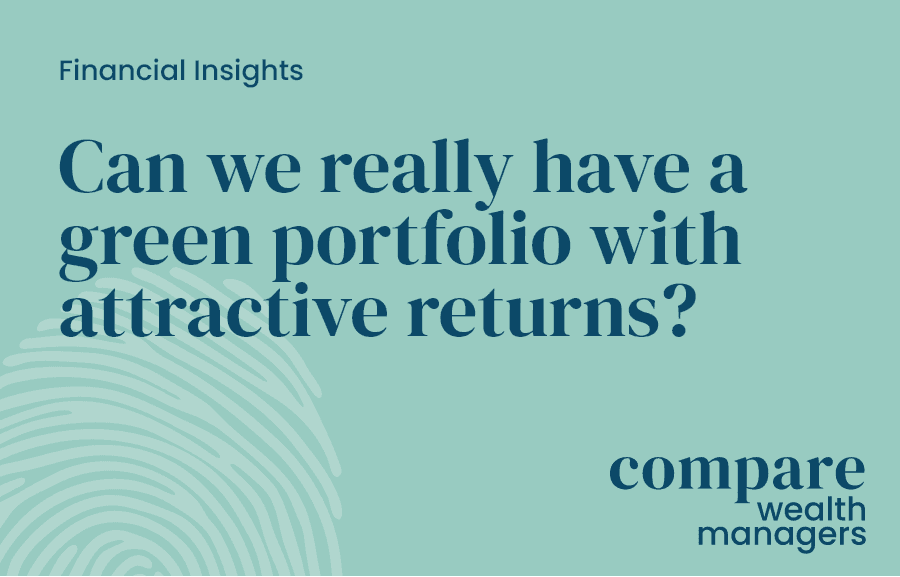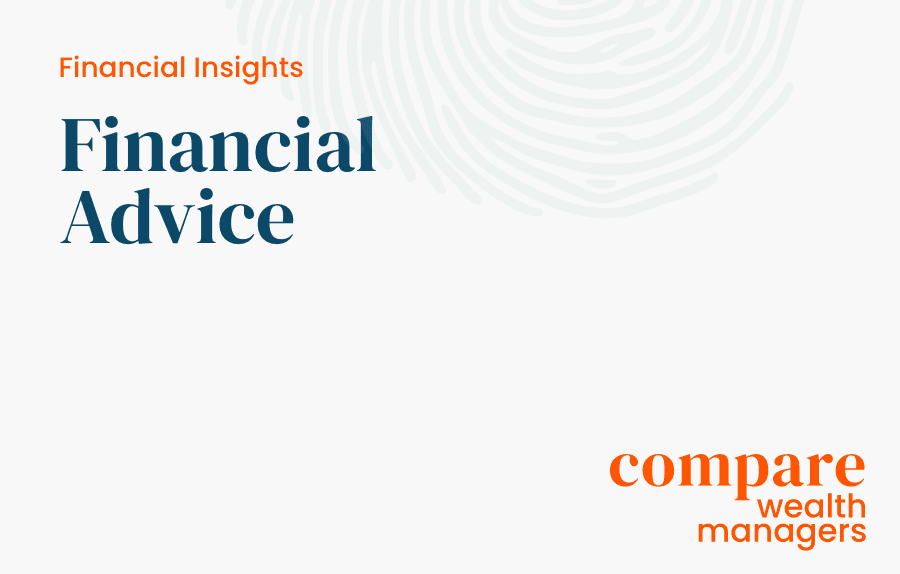Contents
Plant-based, carbon neutral, renewable energies, are all concepts that are taken into consideration more and more in our choices as consumers since we understand the need to decarbonise the world for a better future. However, do we consider these issues when it comes to our investments? If we really want to make a difference, we should learn to invest responsibly. In this article, we give you a first glance at how it can be achieved.
Lord Robert Baden-Powell, the founder of the Boy Scouts, died in Kenya at the age of 83. Amongst his papers, they found a letter to his dear scouts, with the phrase “Try and leave this world a little better than you found it, and when your turn comes to die, you can die happy in feeling that at any rate, you have not wasted your time but have done your best”.
Many of us wonder if we are leaving a better world behind, but considering issues like climate change, social injustice and political conflicts, achieving that goal feels very challenging. We can still try to improve how we behave towards others and the world, including the way we invest. Are we supporting the right companies? Are we contributing to help create alternative energies, right and just job opportunities and reducing our impact? Responsible investment might just be the answer.
What does responsible investment mean?
It is an approach to investment that acknowledges the importance of environmental, social and governance factors (also known as ESG), and its long-term repercussions. It also shines a light on the fact that in order to have a return on investment in the long run, we need to consider supporting stable, well-functioning and well-governed social, environmental and economic systems. In other words, it can be seen as investments that combine financial and non-financial factors, or investments that correctly price in social, environmental and economic risk.
To understand the implications of sustainability for investors, the United Nations-supported ‘Principles for Responsible Investment (PRI) Initiative’ was created. It is an international network of investors working together to put the six Principles for Responsible Investment into practice. Its goal is to create the framework to incorporate these issues into investment decision-making and ownership practices. According to the PRI initiative, assets under management by Principles for Responsible Investment (PRI) signatories currently stand at more than US$59 trillion (signalling a commitment to responsible investment).
These principles were developed reflecting the needs of the changing environment by a group of investors and financial advisors convened by the United Nations Secretary-General.
They are described as follows:
- Principle 1: We will incorporate ESG issues into investment analysis and decision-making processes.
- Principle 2: We will be active owners and incorporate ESG issues into our ownership policies and practices.
- Principle 3: We will seek appropriate disclosure on ESG issues by the entities in which we invest.
- Principle 4: We will promote acceptance and implementation of the principles within the investment industry.
- Principle 5: We will work together to enhance our effectiveness in implementing the principles.
- Principle 6: We will each report on our activities and progress towards implementing the principles.
What does ESG stand for?
ESG is an acronym for Environmental, Social, and Governance, a framework that takes a comprehensive approach to sustainability, going beyond just environmental issues. It helps stakeholders understand how an organization is managing risks and opportunities related to environmental, social, and governance criteria. ESG is a term not only related to the investors but it also takes into consideration employees, suppliers and customers, since all of them care about an organisation’s sustainability.
Environmental principles look at how a firm performs in relation to the natural environment, meaning energy use, carbon emissions or nature conservation will be evaluated
Social criteria take a closer look at a company’s relationship with its stakeholders, including employees or the local communities where they run their business practices.
Governance principles refer to a company’s culture and how it runs, taking into consideration salaries from the top to the bottom, equality of opportunities, transparency and regulations, amongst other things.
How do I recognise investments that incorporate the ESG framework?
The PRI Initiative references the ESG framework to the Sustainable Development Goals the UN also developed, worldwide goals set up around the 2015 Paris Agreement. Ban Ki-moon, the UN Secretary-General from 2007 to 2016, often said “we don’t have plan B because there is no planet B”, a phrase he repeated in his speeches to reference the importance of taking action against climate change. His recurrent line was the main fuel for the creation of the 17 ‘SDGs’ that are now in place, with ESG giving the business world a framework to achieve them.
However, ESG does not focus only on the “green” areas as already mentioned, it also follows some important trends: climate transition and sustainable economic growth. Investing in areas such as electric vehicles, renewable or clean energy, plant-based products, or even education and cyber security are a great way to start supporting technologies and resources that offer solutions to the topics covered in the SDGs.
Can I be sure that my investments really respect these guidelines?
As stated above, supporting companies that solve problems and offer solutions is a great way to start, looking into making our impact positive rather than only making it smaller. There are great investment opportunities amongst these new projects and technologies but it might take doing a bit of research on the company before deciding to invest there. The best way to approach it is to contact a Wealth Manager or Financial Advisor who specialises in responsible investing and in the creation of ESG portfolios. Their focus is to link people developing new technologies and ideas that solve our current problems with those who want to support them, and it is an important task, not only to guarantee the best outcome for both worlds but also because there is no “planet B”.





